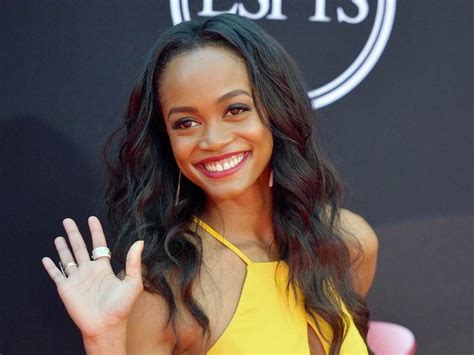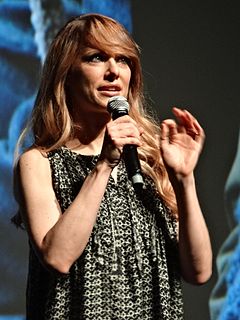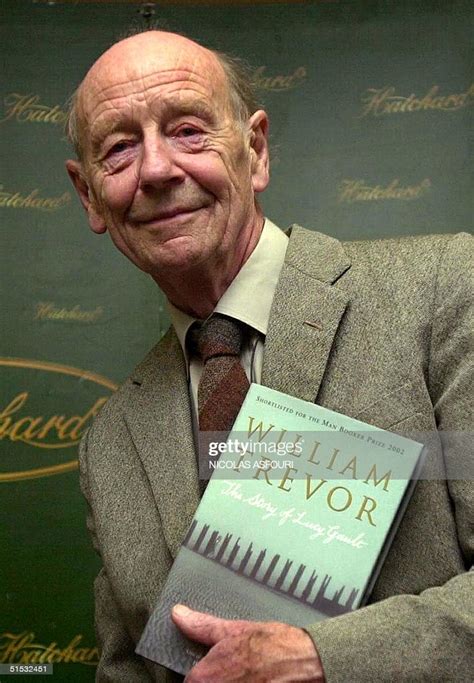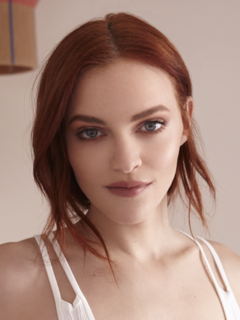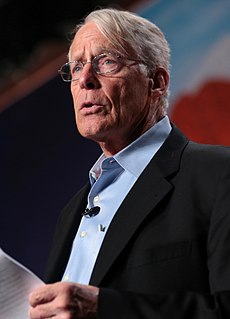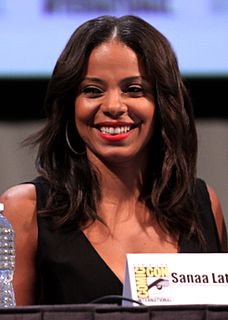A Quote by Rachel Lindsay
Up until I was 30 I really didn't date seriously outside of my race because I felt like society - not my parents, not my friends - society was telling me I had to pick a Black man.
Related Quotes
How do people come up with a date and a time to take life from another man? . . . Twelve white men say a black man must die, and another white man sets the date and time without consulting one black person. . . . They sentence you to death because you were at the wrong place at the wrong time, with no proof that you had anything at all to do with the crime . . . . Yet six months later they come and unlock your cage and tell you, We, us, white folks all, have decided it's time for you to die, because this is the convenient date and time.
As a writer one doesn’t belong anywhere. Fiction writers, I think, are even more outside the pale, necessarily on the edge of society. Because society and people are our meat, one really doesn’t belong in the midst of society. The great challenge in writing is always to find the universal in the local, the parochial. And to do that, one needs distance.
I have lately got back to that glorious society called Solitude, where we meet our friends continually, and can imagine the outside world also to be peopled. Yet some of my acquaintance would fain hustle me into the almshouse for the sake of society, as if I were pining for that diet, when I seem to myself a most befriended man, and find constant employment. However, they do not believe a word I say.
My parents were 30 years older than I was, and my parents had my brother and I ten years apart. My parents grew up in segregation, and they both lived in all-black neighborhoods and grew up with large black families. I didn't have any of that, and I didn't understand feeling so differently and being treated so differently.
When I think back, I felt like I had the life that a lot of white American kids grew up with in the suburbs in the States. I started noticing, as Apartheid's grip weakened, that we had more and more black kids at school; I had more and more black friends. But I never really saw a separation between myself and the black kids at school.
Modern children were considerably less innocent than parents and the larger society supposed, and postmodern children are less competent than their parents and the society as a whole would like to believe. . . . The perception of childhood competence has shifted much of the responsibility for child protection and security from parents and society to children themselves.
You see these dictators up on their pedestals, surrounded by the bayonets of their soldiers and the truncheons of their police. They're afraid of words and thought. ... They make frantic efforts to bar our thoughts and words. ... A state of society where men may not speak their mind - where children denounce their parents to the police - where a businessman or small shopkeeper ruins his competitor by telling tales about his private opinion. Such a state of society cannot long endure if it is continually in contact with the healthy outside world.
I would say I'm black because my parents said I'm black. I'm black because my mother's black. I'm black because I grew up in a family of all black people. I knew I was black because I grew up in an all-white neighborhood. And my parents, as part of their protective mechanisms that they were going to give to us, made it very clear what we were.
When I was in Toronto shooting 'Hemlock Grove,' I'd spend a couple of hours in the makeup trailer every day because my character had all these tattoos. I was telling one of the artists how bored I was - I didn't really know anybody - and he said, 'Pick up a ukulele and start playing. They're 30 bucks for a cheap one.' And I did!
I don't know if it's more acceptable or if black men are more comfortable. Black men certainly are more comfortable with it. I don't know that society, like white society loves it or black women. When you see a black man with a white woman there is a feeling that you have and I think the feeling is an instinctual feeling of you want her you don't want me. I don't look anything like her, so you don't like. You know what I mean? Something like that. It's a real instinctual primal thing.
